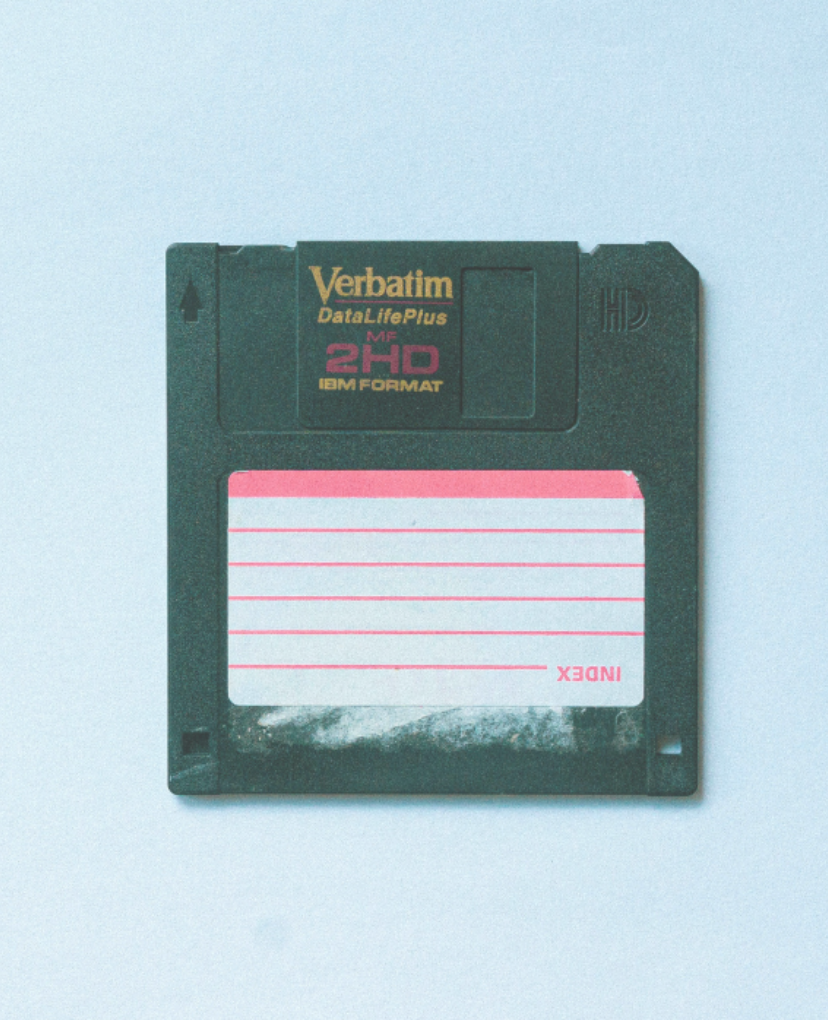The platform economy has been on the rise for several years. Especially in cities, platform workers have become a regular part of the street scene. Think, for instance, of meals and taxi rides you can order through an app. But selling second-hand items and offering language lessons can also be a form of platform work.
In 2022, 84,000 Belgians worked at least one hour via a platform. Flexibility and extra income make this work attractive. Vulnerable groups are more likely to do platform work with poorer working conditions. This usually involves work with very short or long working hours, low pay, no access to social security, pseudo self-employment or no attention to safety and health aspects.
In addition, algorithms play an increasing role in work allocation and performance assessment. But how transparent are these systems? And what rights do platform workers have when it comes to the data collected about them? New legislation, such as the Labour Deal (Arbeidsdeal) and the AI Act, seeks to address this and provide better protection. Want to know how these developments affect the future of platform work? Read on by downloading this brAInfood at the bottom of the page.



